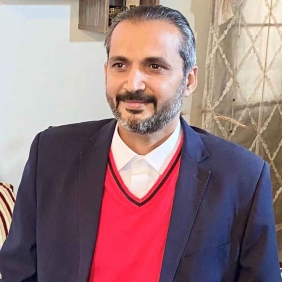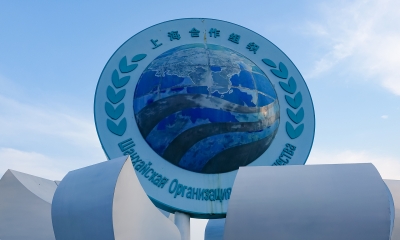China Develops Its Own Democracy under the Leadership of CPC
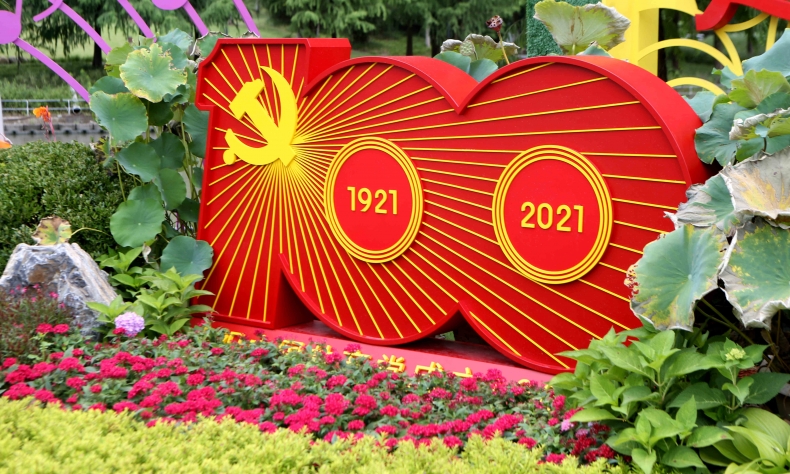
There is no single model of democracy, which can meet the needs of every society. Every model has its own merits and demerits. Thus, there is no need to insist on the supremacy of any model over the others.
Democracy has different connotations for different cultures. It varies with societal structure and preferences. Societal structures and preferences play a leading role in defining the parameters to gauge the existence, functioning and performance of the perceived democratic system. Western society defines democracy through the prism of electoral process and choices to vote. It means, apparently, democracy is the end product of the electoral process. On the contrary, Chinese society looks at democracy with a different angle.
Chen Dingding, a professor of international relations at Jinan University, described it as a means not the end. He considers it a tool to achieve good governance and quality life. Zhang Weiwei, a professor at Fudan University, defines democracy as a universal value but the Western system of democracy does not enjoy the status of universality. Zhang considers reflection of people’s will in decision making and implementation, and governance as key determinants of democracy. He puts too much focus on good governance and urges the state and government to focus on high-quality governance for development and peaceful co-existence.
The analysis of the evolution and functioning of the Communist Party of China (CPC) also indicates it in the same direction. Since its inception, CPC has focused on, 1) reflection of people’s will in decision making and implementation and 2) good governance. The first evidence to support the argument of reflection of people’s will is the principal contradiction and its solution by the Communist Party of China. Chairman Mao, after the establishment of the People’s Republic of China, gave the first principal contradiction of difference between the proletariat and the bourgeoisie. The decoding of principal contradiction shows that it was true of the aspirations of people. Chairman Mao also identified the key governance issues which the society was facing, like corruption, waste and bureaucracy. These were irritants for people.
Second, principal contradiction by Deng Xiaoping, again highlighted the desires and needs of the Chinese people. As the contradiction states, “the ever-growing material and cultural needs of the people versus backward social production”. It was according to the needs of the time, as poverty rate was more than 80 percent and people were looking for economic opportunities. The planned system of production and market was not delivering at that time. Deng Xiaoping introduced the reforms in the light of principal contradiction, which paved the way for modern China. Now China is reaping the dividend of the reforms. It helped China to eradicate poverty and turn the country into the second biggest economy in the world.
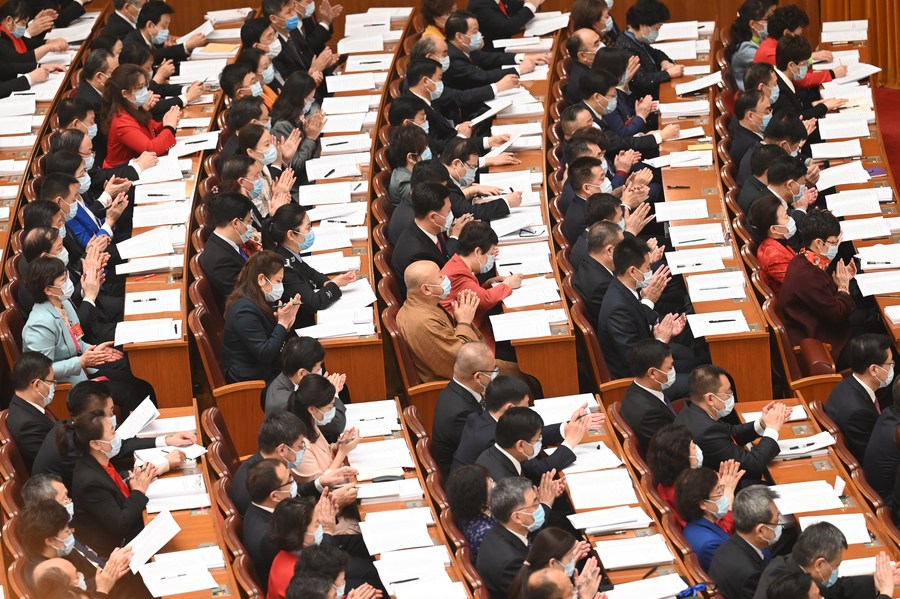
The third principal contradiction – “What we now face is the contradiction between unbalanced and inadequate development and the people’s ever-growing needs for a better life” – has been given by President Xi Jinping. It again follows the rule of people’s will and governance. It also reflects the desires and aspirations of people according to the state of development. President Xi is herding the horses to reform the country according to new realities and the development status of the county. He is trying to balance the growth by introducing principles of eco-civilization, environmental protection, and concrete actions against climate change. To tackle the issue of inadequacy, the major focus is on the trickle down of benefits and prosperity at grass root level. President Xi has adopted the slogan and practices of high-quality development, which will ensure the better living for everyone.
Moreover, the process of decision-making and its implementation is all-inclusive. It is against the perception that the decision-making is in the hands of the politburo and standing committee of the National People’s Congress, which does not present a complete picture. Although policies formulation process is initiated from the top of the party and government, it does not mean that there is no consultation process. Instead, each of the key policymaking is based on extremely widespread consultations at the grass-root level. The process of decision-making is inclusive and gives due consideration to the requirements of administrative units and people at all levels.
For example, every five-year plan is being developed after a lengthy exercise of consultation. The process starts with seeking inputs from masses for drafting the plan. It is the job of CPC and government organs to collect inputs from all segments of the society and ensure equal participation of villages, towns, and cities. CPC also makes sure that no one is left in the process of consultation. The Party also invites other political parties (there are nine political parties in China) to give their inputs and recommendations before the finalization of a plan. Their inputs are given serious consideration and many times by CPC. After the completion of the consultation process, the plan is presented to the National People’s Congress for review and approval. The final stage is execution and evaluation of the plan. It is pertinent to highlight here that implementation is also a joint work of CPC and government. The Party members also equally participate at all levels to ensure its smooth implementation. Party members also act as representatives of the people and ensure accountability.
Second, provision of quality governance has been always been a priority for CPC. The Party’s system is built on a unique set of values and meritocracy to ensure quality governance. The Party believes that people who are entrusted with responsibilities must have dignity, honesty and free from favoritism. The core values for members, especially for those members who have been entrusted with responsible position, have been defined as collectivism, loyalty and selflessness. The selection of people is being done on the basis of merit, performance and these qualities. There is no shortcut and every member has equal chance to move on the ladder of leadership. It helps build and refine the capacity of the future leadership of CPC and government through rigorous job training and practices.
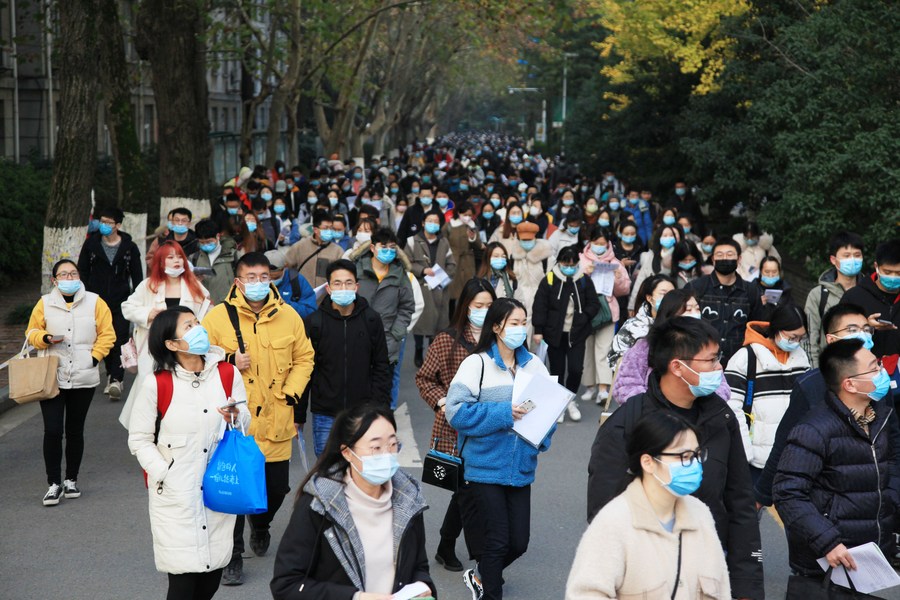
In recent years, the Party has introduced 12 aspects of the core socialist values which are: Prosperity, Democracy, Civility, Harmony, Freedom, Equality, Justice, Rule of law, Patriotism, Dedication, Integrity, and Friendship. The values have been introduced to improve governance and counter corruption. The main goal is to ensure high-quality development for people and prepare a corruption-free cadre of leadership at all levels.
President Xi has also made governance the prime focus of government and CPC. He always emphasizes on it and takes practical actions. Anti-corruption campaign is signature mark of his leadership. He has made it obligatory for himself to eradicate corruption at all levels. Hence, he has launched an all-out campaign against corruption, without any discrimination of status and party affiliation. He is also working to ensure rule of law and dignity of every citizen. He is convinced that to ensure smooth sailing of the country and the relevance of the Party in modern times, the Party will have to ensure quality governance, which must address the aspirations of people and meet their needs.
Third, the Communist Party of China is not a great fan of Western-style election-based democracy. The Party considers that it is not in line with the needs of China, which is a big and diverse country. It has its own culture, norms and practices, which have roots in the Chinese civilization of 5,000 years. China is also not interested in selling its model of democracy to other countries, as China believes that it is the due right of every country to choose a model of democracy and governance for itself.
Fourth, there are also independent studies and scholars that believe election-based democracy can create differences among people and has potential to divide the population into different factions. It can even create differences at personal level. For example, the 2020 Public Religion Research Institute underlines that more than 35 percent Republicans and 45 percent Democrats will not be happy if their children marry on family of other political party. It has shown a gradual increase since the 1960s, as at that time only 5 percent Republicans and Democrats were falling in this category. Dark Side of Democracy; Explaining the Ethnic Cleansing, is another good book to understand the flaws of Western-style democracy.
In conclusion, from the above discussion, we can infer two important lessons. First, China has its own model of democracy, which is based on; 1) people’s will, 2) quality governance, 3) equal participation, 4) equal opportunities to grow and move on the ladder of leadership 5) inclusiveness in decision making and implementation 6) strong mechanism of accountability. Second, there is no single model of democracy, which can meet the needs of every society. Every model has its own merits and demerits. Thus, there is no need to insist on the supremacy of any model over the others.
The article reflects the author’s opinions, and not necessarily the views of China Focus.
Copyedited by Liu Xiaomin
 Facebook
Facebook
 Twitter
Twitter
 Linkedin
Linkedin
 Google +
Google +



